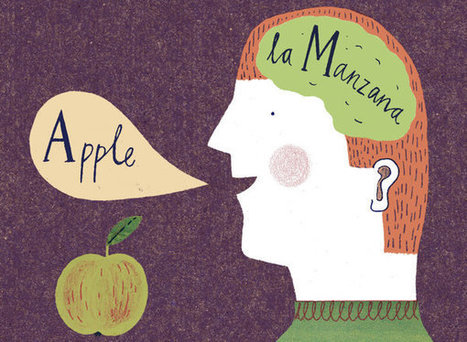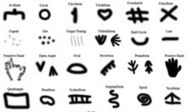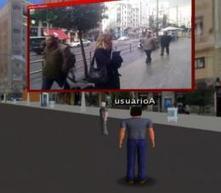Gerhard Jäger uses lexostatistics to demonstrate that language similarities can be computed without using tree-based representations (for why this might be important, see Kevin’s post on reconstructing linguistic phylogenies).
Research and publish the best content.
Get Started for FREE
Sign up with Facebook Sign up with X
I don't have a Facebook or a X account
Already have an account: Login

 Your new post is loading... Your new post is loading...
 Your new post is loading... Your new post is loading...
|

Bilingüebabies's curator insight,
April 16, 2013 2:41 AM
I hope my children thank me, I wish my great grandparents knew this! 
Franchie Cappellini's comment,
January 24, 2014 6:14 AM
I had no idea the lasting effects of bilingualism! I also think its so interesting how the view of bilinguals has changed over the years. From this article I can clearly see the benefits of raising your kid bilingually—they are more adept and aware of their environment.
Megan Kopke's curator insight,
October 31, 2013 4:06 PM
what is considered communication? how has communication changed from pictographs to arbitrary words. When does communication also become art, as is the case with cavemen paintings or pictographs, etc. |
































